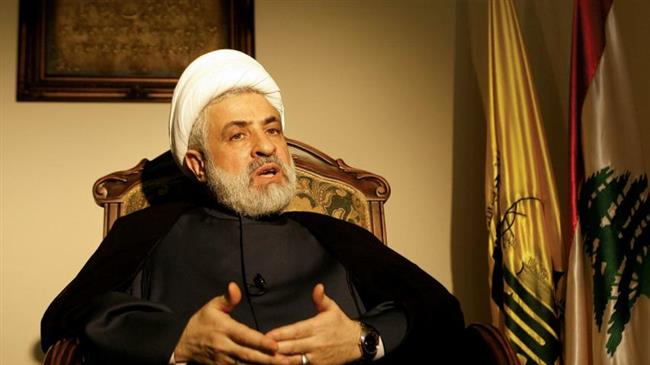
RNA - Six months after a parliamentary election in Lebanon, a row over Sunni representation has obstructed the formation of a national unity government that is expected to group most of Lebanon's political parties.
"We believe that the key to the solution is in the hands of the prime minister designate," said Hezbollah Deputy Secretary General Sheikh Naim Qassem.
"He is the one who can accomplish the government tomorrow, and he is the one who can postpone the government to another time," he said in comments broadcast by al-Manar TV.
A deal looked close last week when the Christian Lebanese Forces Party ceded ground to President Michel Aoun and his Free Patriotic Movement, sparking a row over Christian representation that had been seen as the main obstacle.
However, PM-designate has yet to resolve a row over the Sunni representation.
Lebanon is in dire need of a government able to implement the economic reforms that the International Monetary Fund (IMF) says are needed to put its public debt on a sustainable path. Lebanon has the world's third largest public debt as a proportion of the economy, and growth is stagnant.
Lebanon's first parliamentary vote in nine years was held on May 6, with over 500 candidates vying for seats. Turnout was 49.2 percent, according to officials.
Hezbollah and its political allies secured over half the seats.
Hezbollah as well as groups and individuals affiliated to it won at least 67 seats, according to the results cited by politicians and campaigns and reported in Lebanese media.
Hezbollah's allies include the Amal Movement led by Nabih Berri and the Christian Free Patriotic Movement founded by Aoun.
847/940